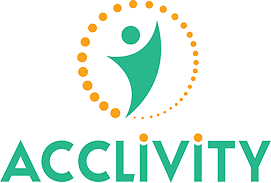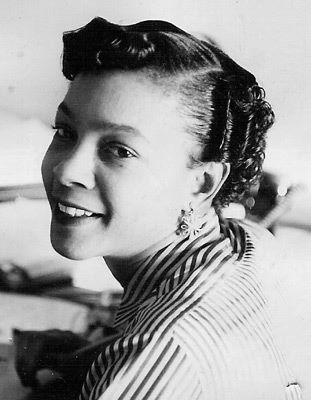Black History Month stands as a crucial time to reflect upon the milestones and challenges that have shaped our understanding of race, identity, and equality. One pivotal figure in this narrative is Mamie Phipps Clark, whose groundbreaking Doll Test in the mid-20th century exposed the profound impact of racial segregation on the minds of young children. As we delve into the significance of the Doll Test, we’ll also explore the broader societal implications and draw parallels to the academic world. Furthermore, we’ll shed light on the role of career coaching in academia and its potential to guide academics in advancing their careers.
Mamie Phipps Clark and the Doll Test
Mamie Phipps Clark, a pioneering psychologist, conducted the Doll Test in the 1940s as part of her research for the landmark Brown v. Board of Education case. The study revealed the damaging effects of segregation on the self-esteem and identity of African American children, as they overwhelmingly preferred white dolls over black dolls. This revelation played a crucial role in the Supreme Court’s decision to declare segregation in public schools unconstitutional.
Societal Impact and Lingering Effects
The Doll Test not only exposed the harsh realities of racial bias but also sparked conversations about the deep-seated impact of societal norms on individuals’ self-perception. Decades later, its relevance persists as we witness ongoing discussions about systemic racism, bias, and the importance of fostering inclusivity.
Parallel Narratives in Academia
In the realm of academia, similar challenges persist. Academics from marginalized backgrounds may find themselves navigating a landscape where unconscious biases, limited opportunities, and systemic hurdles affect their career trajectories. It becomes imperative to address these issues and seek effective strategies for career advancement.
The Role of Career Coaching in Academia
Enter career coaching, a valuable resource that can empower academics to navigate the complexities of their professional journey. Career coaches specialize in providing tailored guidance, helping individuals identify and overcome challenges, set realistic goals, and map out a roadmap for success. Whether it’s breaking through glass ceilings, establishing a robust academic network, or enhancing leadership skills, career coaching can be a transformative tool.
As we commemorate Black History Month and reflect on the impact of Mamie Clark’s Doll Test, let us also recognize the importance of addressing inequality in academia. Consider seeking the guidance of a career coach who understands the unique challenges faced by academics from underrepresented backgrounds. Take a proactive step toward advancing your academic career by investing in personalized support and unlocking your full potential.
Mamie Clark’s Doll Test serves as a poignant reminder of the enduring impact of racial biases on society. By drawing parallels to the challenges in academia, we emphasize the need for proactive steps, such as seeking career coaching, to dismantle barriers and foster inclusivity. Let this Black History Month be a catalyst for positive change in academia, and may the lessons from Mamie Clark’s legacy guide us towards a more equitable future.
The world of academia can be difficult to navigate on your own, and Dr. Loren M. Hill has the expertise and experience that is needed to help get your career started in the right direction.
As an expert in helping others in academia, I encourage you to contact me for a meeting.

